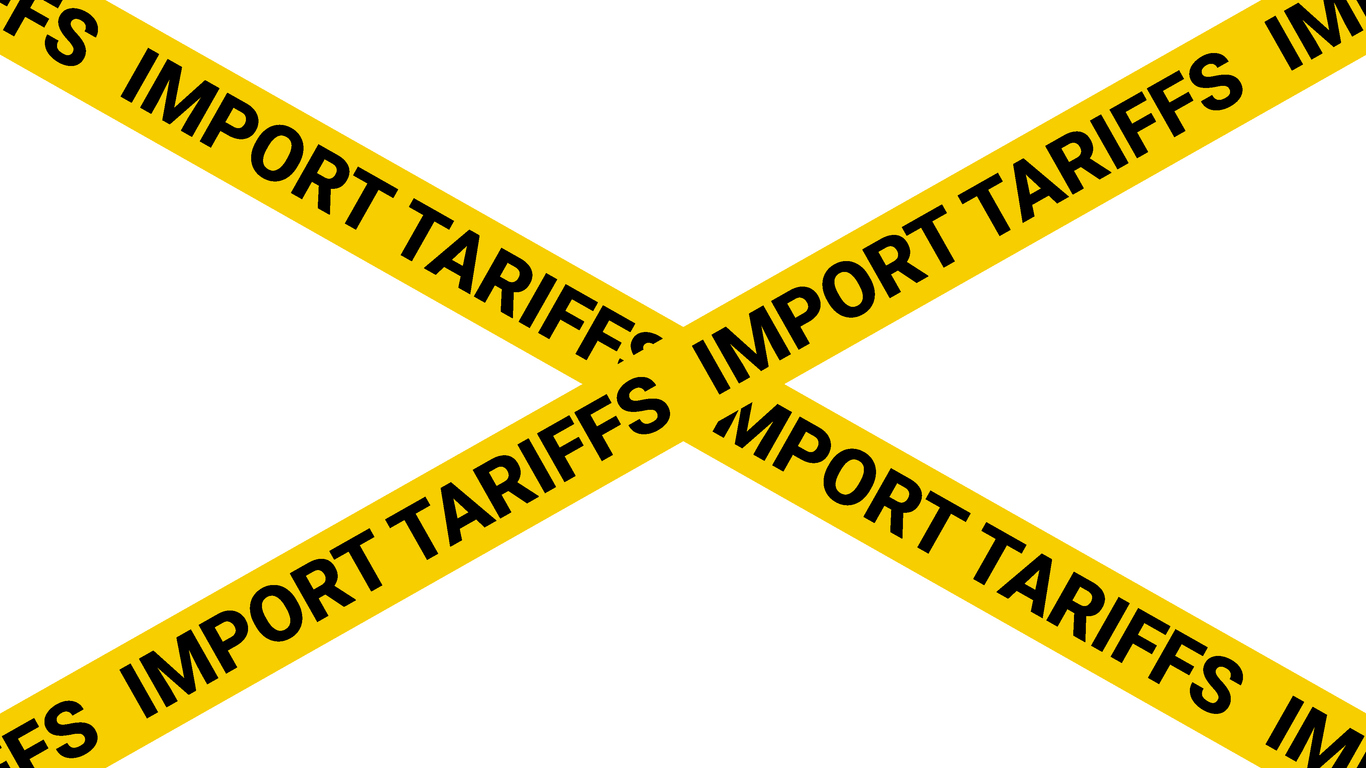How to Export Lead Ore from Nigeria: The Definitive Guide
How to Export Lead Ore from Nigeria: The Definitive Guide
Exporting lead ore from Nigeria can be a lucrative business opportunity due to the country’s rich mineral resources. However, the process involves several crucial steps and compliance with regulatory requirements. This guide provides a comprehensive overview of how to export lead ore from Nigeria, emphasizing the services offered by Wigmore Wholesale to ensure a smooth and successful export process.
Step-by-Step Guide to Exporting Lead Ore
1. Conduct Market Research
Overview: Understanding the global demand for lead ore and identifying potential buyers is critical.
Key Points:
- Analyze market trends and demand for lead ore.
- Identify target markets and potential buyers.
- Evaluate pricing strategies and competition.
Sources:
2. Obtain Necessary Licenses and Permits
Overview: Complying with regulatory requirements is essential to legally export lead ore from Nigeria.
Key Licenses and Permits:
- Mining License: Obtain a mining license from the Ministry of Mines and Steel Development.
- Export License: Secure an export license from the Nigerian Export Promotion Council (NEPC).
- Environmental Permit: Ensure compliance with environmental regulations by obtaining the necessary permits.
Sources:
3. Quality Assurance and Certification
Overview: Ensuring the quality of the lead ore is crucial for meeting international standards.
Key Steps:
- Laboratory Testing: Conduct laboratory tests to determine the composition and purity of the lead ore.
- Certification: Obtain a quality certificate from recognized bodies such as the Standards Organization of Nigeria (SON).
Sources:
4. Arrange Logistics and Shipping
Overview: Choosing a reliable logistics provider and arranging for transportation is critical for timely delivery.
Key Steps:
- Select a Shipping Method: Decide between sea freight and air freight based on the volume and destination of the lead ore.
- Hire a Freight Forwarder: Work with a reputable freight forwarder to handle logistics and documentation.
- Prepare Necessary Documents: Ensure all required documents, such as the Bill of Lading, Commercial Invoice, and Packing List, are in order.
Emphasize: For streamlined logistics and shipping solutions, register with Wigmore Wholesale.
5. Handle Customs Clearance
Overview: Navigating the customs clearance process smoothly is essential for the legal exportation of lead ore.
Key Steps:
- Submit Required Documents: Present the Bill of Lading, Commercial Invoice, Certificate of Origin, and quality certificate to Nigerian Customs.
- Pay Export Duties and Taxes: Calculate and pay the necessary export duties and taxes according to the Nigerian Customs tariff.
- Obtain Clearance: Once cleared, obtain a release order from customs to ship the lead ore.
Sources:
6. Finalize the Transaction
Overview: Ensuring the financial aspects of the transaction are secure is crucial for successful exportation.
Key Steps:
- Negotiate Payment Terms: Agree on payment terms with the buyer, such as letters of credit or advance payment.
- Secure Payment: Ensure the payment is secured before shipping the lead ore.
- Documentation: Maintain accurate records of all transactions and documentation for future reference.
Conclusion
Exporting lead ore from Nigeria involves several critical steps, including market research, obtaining necessary licenses, quality assurance, logistics, and customs clearance. By following this comprehensive guide and leveraging the services provided by Wigmore Wholesale, you can ensure a successful export process and tap into the lucrative global market for lead ore.








LEAVE A COMMENT
You must be logged in to post a comment.